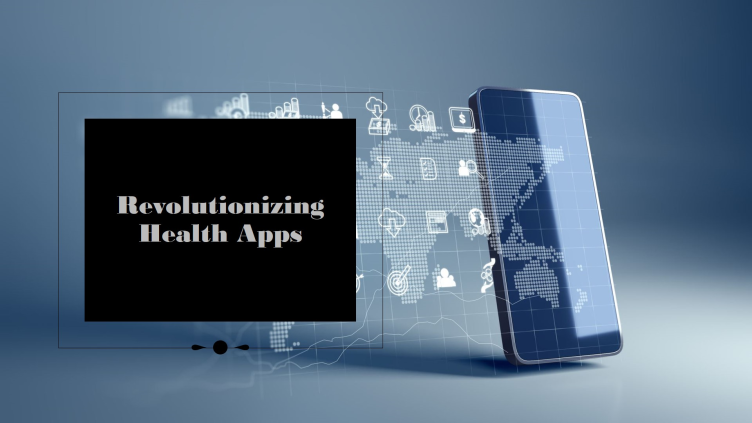Health Apps Revolution: Transforming Wellness, Shaping the Future and Changing Lives
In the last decade, health apps have emerged as one of the most transformative innovations in healthcare. With over 350,000 health apps available globally, these digital tools are changing how we manage health and wellness, empowering individuals, and reshaping the future of healthcare delivery.
The Growth of Health Apps
The rapid adoption of smartphones and increased internet accessibility has fueled the growth of health apps. From fitness trackers and calorie counters to telemedicine platforms and chronic disease management tools, health apps cater to a wide range of needs. Major factors driving this growth include:
•Increased Health Awareness: People are more proactive about their health, seeking tools for tracking and improving well-being.
•Advancements in Technology: Artificial intelligence, machine learning, and IoT integration enhance app capabilities, making them more accurate and efficient.
•Shift to Digital Healthcare: The COVID-19 pandemic accelerated the use of telehealth and digital solutions, making health apps indispensable.
Benefits of Health Apps
1.Accessibility: Health apps bring healthcare to the fingertips, making it easier for people to monitor their health anytime, anywhere.
2.Personalized Care: With features like AI-driven insights, health apps provide tailored recommendations and interventions.
3.Improved Engagement: Gamification and reminders help users stay consistent with their health goals.
4.Cost-Effectiveness: They reduce the need for frequent doctor visits, saving time and money.
5.Chronic Disease Management: Apps for diabetes, hypertension, and mental health
empower patients to track symptoms and manage conditions effectively.
6.Data Collection and Insights: Continuous tracking of vital signs and health behaviors can lead to early detection of health issues.
The Future of Health Apps
The future of health apps is promising, with innovations and trends that will make them even more impactful:
•Integration with Wearables: Smartwatches and fitness trackers will seamlessly sync with health apps, offering real-time data for better health management.
•AI and Predictive Analytics: Apps will use AI to predict potential health risks and suggest preventive measures.
•Focus on Mental Health: The demand for mental health apps will grow, offering advanced tools for stress management, therapy, and emotional well-being.
•Interoperability with Healthcare Systems: Apps will integrate with electronic health records (EHRs), enabling doctors to access and analyze user data for better care.
•Global Reach and Inclusivity: More apps will cater to underserved populations with multilingual support and offline functionality.
Impacts of Health Apps
1.On Individuals:
•Enhanced self-awareness about health and fitness.
•Improved health outcomes through personalized care and consistent monitoring.
2.On Healthcare Systems:
•Reduced burden on hospitals with fewer emergency visits and admissions.
•Streamlined care delivery through telemedicine and remote monitoring.
3.On Public Health:
•Widespread adoption can lead to healthier populations.
•Data from health apps contributes to research and policy-making, addressing global health challenges.
4.On the Economy:
•Growth of health apps drives investments in digital health startups and creates job opportunities in tech and healthcare sectors.
Challenges to Address
Despite their benefits, health apps face challenges that must be addressed to ensure sustainable growth:
•Data Privacy Concerns: Safeguarding sensitive user data is crucial.
•Regulation and Compliance: Apps must comply with healthcare standards like HIPAA and GDPR.
•User Retention: Many users abandon apps due to lack of motivation or perceived ineffectiveness.
•Accuracy and Reliability: Apps must provide accurate and clinically validated information to build trust.
Health apps are revolutionizing how we approach healthcare, making it more accessible, personalized, and efficient. As technology continues to advance, these apps will play an even greater role in shaping the future of health and wellness. However, addressing challenges like data security and regulation will be critical to maximizing their potential. For individuals, healthcare systems, and society at large, the impact of health apps is undeniable , promising a healthier, more connected world.

